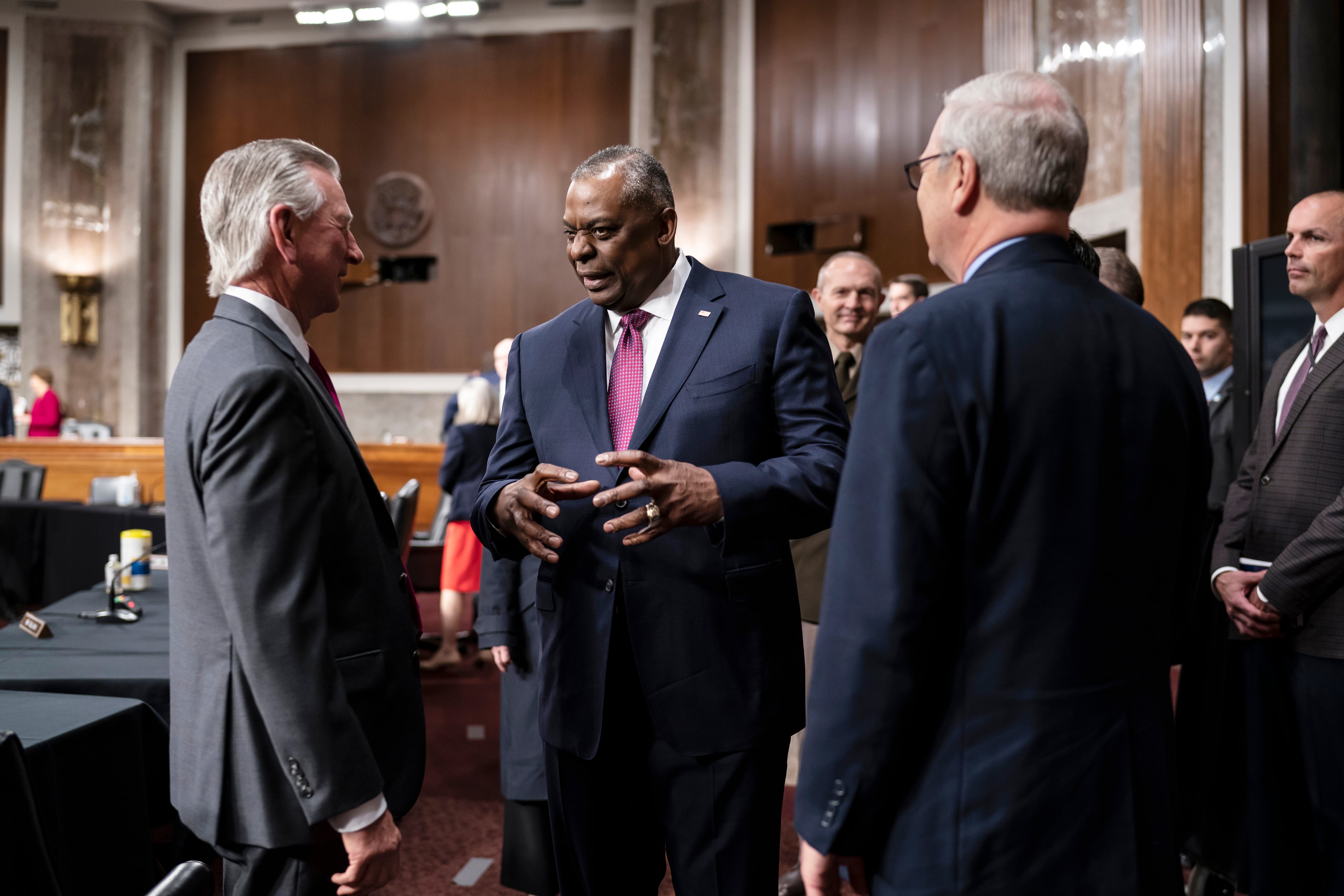The pandemic revealed America’s concerning dependence on foreign adversaries for items we used to — and should —produce in the U.S.
Our nation’s food supply depends on imported fertilizer foreign adversaries such as Russia. America’s health care system is reliant upon pharmaceuticals, protective equipment, and technology produced overseas. Our energy supply chains are dependent on imported aluminum and other metals.
And — most importantly — our military could not function without imported tungsten, cobalt, and other rare earth elements.
For example, every F-35 strike fighter built for our armed forces contains 920 pounds of rare earth materials — the majority of which we import from China. The Department of Defense needs rare earth magnets to build computer screens and hard drives for aircraft and ships. Those same cobalt-based elements are used for stealth technology, F-22 tail fins, laser targeting systems, missile guidance and control motors. The list could go on and on.
RELATED

Cobalt and many of the rare earth elements that are listed by U.S. Geological Survey as “critical minerals” are maxed out at 100% imports to the U.S. That means our domestic production of those minerals is zero.
Where are we getting our imports? Mostly from Russia, China, and their surrogates around the world. We’re importing these materials from one country waging brutal and unprovoked war on one of our allies and another country with a human rights abuse record that’s too long to list — not to mention the other nations they prey upon for financial and military gain.
All the while, America boasts these minerals in abundance right here. This is a disgrace — and it’s a serious threat to our national security and military preparedness.
America’s enormous mineral wealth is sitting right under its citizens’ feet in vast tracts of federal and state lands. Yet, we import more than 50% of our supply of 31 of the 35 critical minerals as defined by the Department of Interior. We import 100% of our supply of 14 of the same minerals. And our dependence on foreign countries is growing.
This is a tragic irony similar to the perceived oil “shortages” in the 1970s and skyrocketing energy prices we face today — even though America is endowed with near limitless oil and gas wealth. It’s a self-inflicted crisis, and we’re in the same boat with “critical minerals.” The energy shortages, food price increases, and potential defense materials shortfall all threaten our national security — and they all have the same solution.
We should harvest as much food as we can, unleash American energy production, and maximize our mineral mining capabilities. Make as much as possible in America.
Instead, we’re doing business with nations that run counter to everything we value. When it comes to critical minerals, we’re buying from countries that don’t have humane labor standards. Child labor, forced labor, and slave labor permeate the economies producing the critical materials we’re importing — and the American consumer is subsidizing their regimes.
We import from countries that don’t value freedom and democracy — countries that are outright adversarial to the United States and seek to topple our place in the world.
America earned her place in world affairs through blood and treasure. And we have maintained that world order to the betterment of human kind. The spread of American democracy and capitalism has lifted more humanity out of misery and poverty than any other system of government or finance the world has ever seen. Yet, our nation’s economic and national security apparatus is at serious risk today, just as in the 1970s, except the stakes are higher given today’s unstable geopolitics.
We need critical minerals to support and defend the world’s largest, technology-based, environmentally friendly economy and military.
We need 21st-century critical mineral independence.
To get there, we must disrupt the status quo of the permitting and over-regulation. We need to open modern, technology-driven, environmentally friendly mines.
The U.S. should responsibly produce critical minerals from America’s vast geologic bounty. The mineral wealth located on federal lands belong to us all. To effectively defend all Americans, we must secure our critical mineral supply chains.
This change in course is essential to our economy, national security and independence.
Sen. Tommy Tuberville is Republican from Alabama. He was elected to the Senate in 2020.
Have an Opinion?
This article is an Op-Ed and the opinions expressed are those of the author. If you would like to respond, or have an editorial of your own you would like to submit, please email C4ISRNET and Federal Times Senior Managing Editor Cary O’Reilly.





